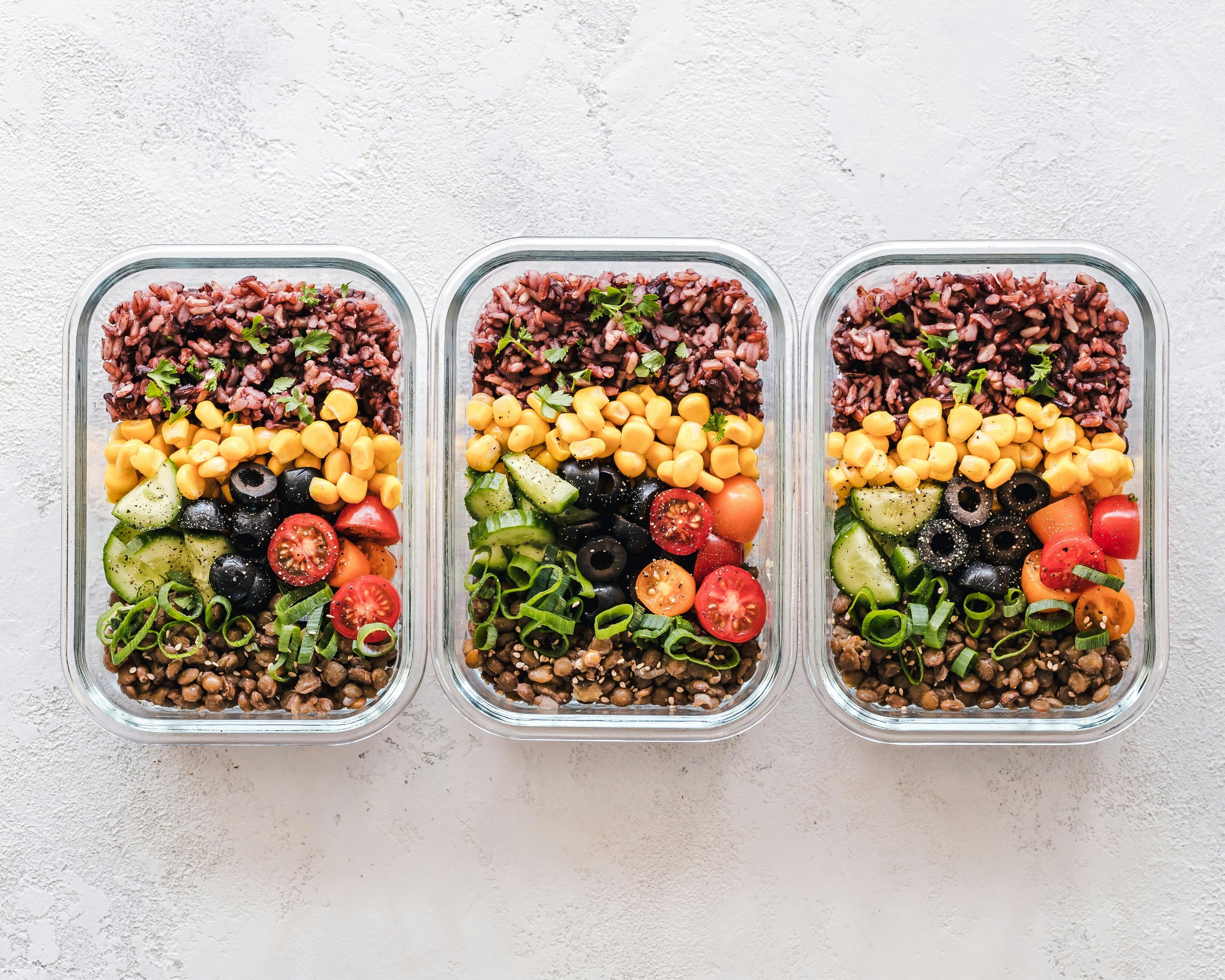The Best Budget-Friendly Meal Prep Ideas for Students
Navigating college life often means juggling academics, social activities, and tight budgets. Amidst this hustle, maintaining a healthy diet can seem challenging. However, with strategic meal planning and preparation, it's entirely possible to enjoy nutritious, budget-friendly meals that fuel your studies and lifestyle. In this guide, we'll explore practical meal prep ideas tailored for students, ensuring you stay energized without breaking the bank.
Why Meal Prep?
Meal prepping involves preparing meals or meal components in advance, allowing for quick assembly during busy times. This approach offers several benefits:
Cost Efficiency: Buying ingredients in bulk and planning meals reduces the temptation of costly takeout.
Time Management: Spend a few hours prepping weekly, and save time on daily cooking.
Nutritional Control: Homemade meals let you manage portions and ingredients, promoting healthier eating habits.
Getting Started with Budget-Friendly Meal Prep
Plan Your Meals
Outline your meals for the week, focusing on recipes that share common ingredients. This strategy minimizes waste and maximizes your grocery budget. For instance, using spinach in both a salad and a pasta dish.
Create a Shopping List
List all necessary ingredients and stick to it while shopping to avoid impulse purchases. Prioritize store brands and look for sales or discounts.
Invest in Storage Containers
Durable, reusable containers are essential for storing prepped meals. Opt for a variety of sizes to accommodate different meal types.
Choose Simple Recipes
Select recipes that are easy to prepare and require minimal ingredients. This approach saves time and reduces costs.
Budget-Friendly Meal Prep Ideas
Breakfast
Overnight Oats
Combine rolled oats with milk or a dairy-free alternative, and add sweeteners like honey or maple syrup. Mix in fruits such as bananas or berries, and let it sit overnight. In the morning, you have a ready-to-eat, nutritious breakfast.
Egg Muffins
Whisk eggs with diced vegetables (like bell peppers, onions, and spinach) and pour into a muffin tin. Bake until set, then store in the fridge or freezer. These are perfect for a grab-and-go breakfast.
Lunch
Quinoa Salad
Cook a batch of quinoa and mix with chopped vegetables, beans, and a simple vinaigrette. This salad is versatile and can be customized with your preferred ingredients.
Pasta Primavera
Prepare whole-grain pasta and toss with sautéed seasonal vegetables and a light sauce made from olive oil and garlic. It's a filling meal that can be enjoyed warm or cold.
Dinner
Stir-Fry
Use affordable proteins like tofu or chicken thighs, and stir-fry with a mix of fresh or frozen vegetables. Serve over rice or noodles. Stir-fries are quick, customizable, and great for using up leftover veggies.
Chili
A hearty bean chili can be made in large batches and frozen for future meals. Beans are inexpensive and provide a good source of protein and fiber.
Snacks
Homemade Trail Mix
Combine nuts, seeds, and dried fruit for a healthy, portable snack. Buying these items in bulk can be cost-effective.
Vegetable Sticks with Hummus
Cut carrots, celery, and bell peppers into sticks and pair with homemade or store-bought hummus. It's a nutritious snack that requires minimal prep.
Additional Tips for Budget-Friendly Meal Prep
Buy in Bulk: Items like grains, beans, and frozen vegetables are often cheaper when purchased in bulk.
Seasonal Produce: Fruits and vegetables in season are typically more affordable and fresher.
Utilize Leftovers: Incorporate leftovers into new meals to reduce waste. For example, use leftover roasted vegetables in a wrap or salad.
Limit Processed Foods: Pre-packaged foods can be more expensive and less nutritious than whole foods.
Resources for Further Reading
By dedicating time to meal prep, you can enjoy a variety of healthy, budget-friendly meals throughout your week. This practice not only supports your physical well-being but also contributes to better time and financial management during your college years.
RELATED POSTS:
A Morning Routine That Actually Works for College Students
10 Fun Spring Break Ideas for College Students on a Budget
12 Things Every College Student Needs to do Before Graduating




